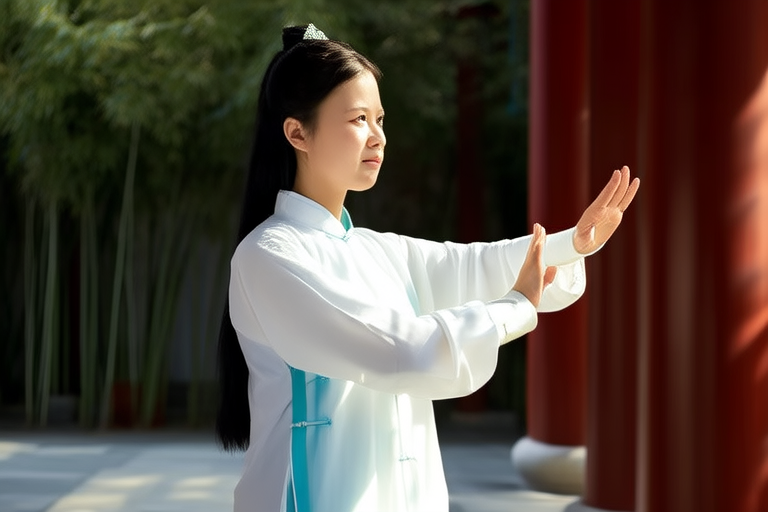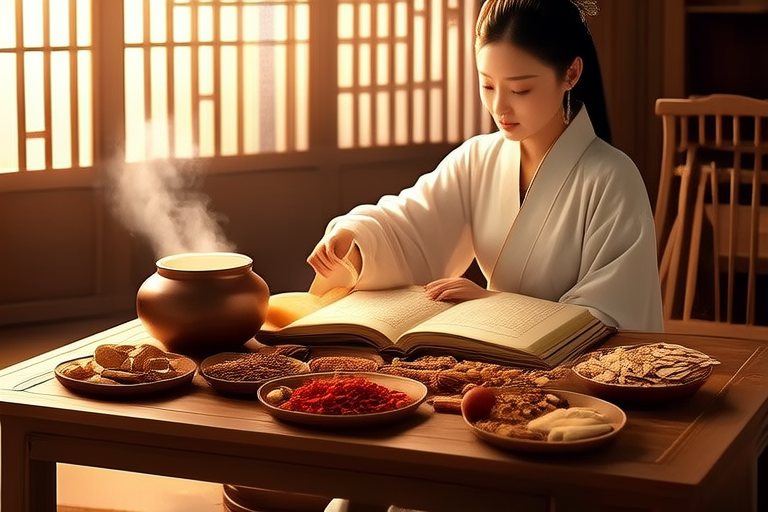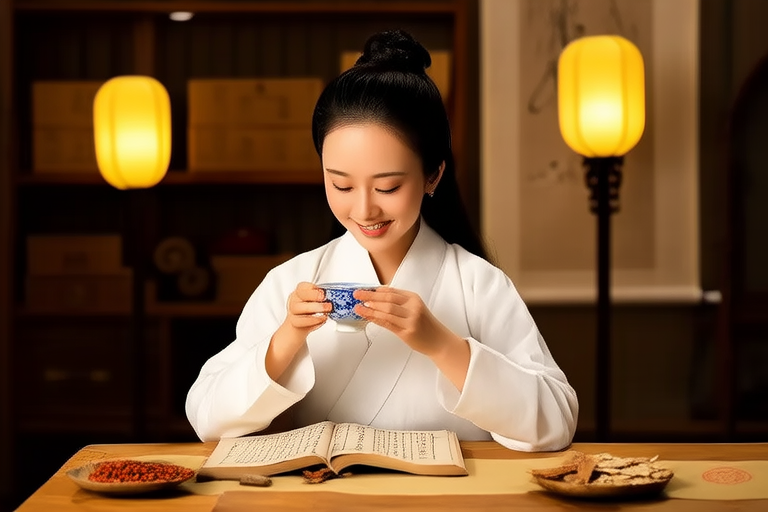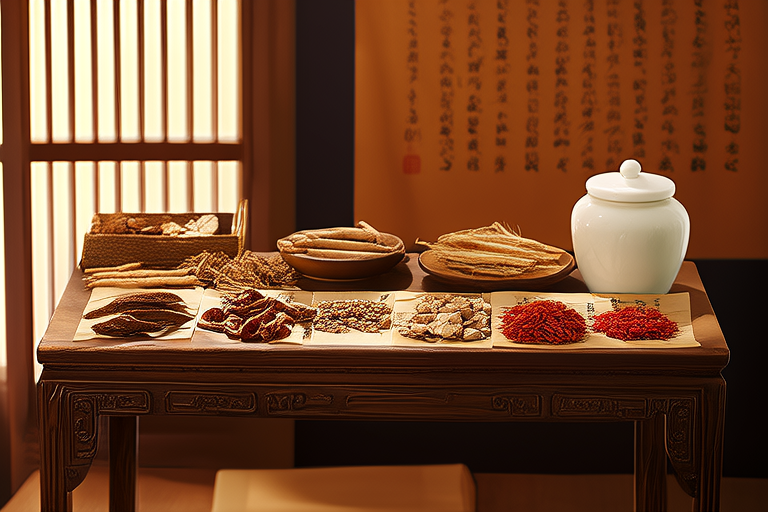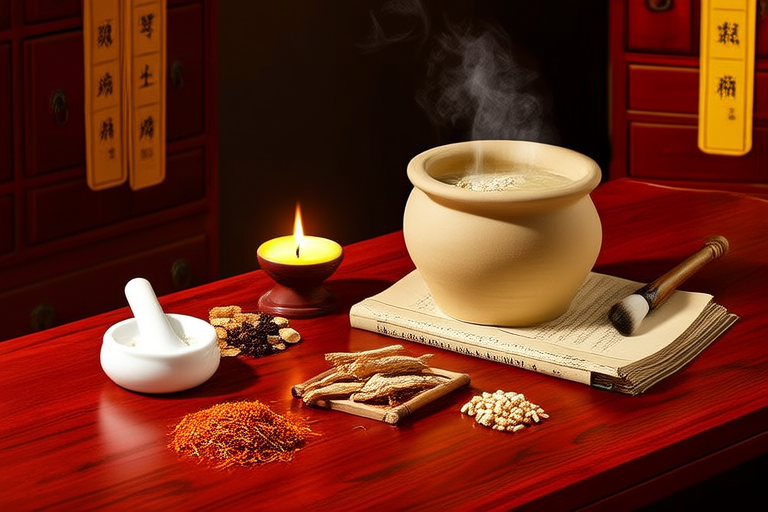Harmonizing Body and Mind: The Art of Health Preservation in Traditional Chinese Medicine
In a world increasingly driven by fast-paced lifestyles and technological advancements, the ancient wisdom of Traditional Chinese Medicine (TCM) offers a timeless approach to health preservation. Rooted in centuries of observation and practice, TCM emphasizes the delicate balance between physical and mental well-being, offering a holistic framework for maintaining harmony within the body and with the external environment. This article delves into the core principles of TCM and explores practical methods that aim to prevent illness, sustain vitality, and promote longevity.
The Core Concepts of TCM
Qi: The Vital Energy
At the heart of TCM lies the concept of Qi (pronounced “chee”), often translated as “vital energy” or “life force.” Qi flows through the body along pathways known as meridians, nourishing organs, tissues, and systems. When Qi is abundant and flowing smoothly, the body remains healthy and balanced. Conversely, blockages or deficiencies in Qi can lead to illness and discomfort. Health preservation in TCM revolves around cultivating and maintaining optimal Qi levels through lifestyle practices, therapies, and mindfulness.
Yin-Yang: The Dynamic Balance
Another foundational principle of TCM is the concept of Yin and Yang, representing opposing yet complementary forces. Yin embodies qualities such as calmness, coolness, and rest, while Yang symbolizes activity, warmth, and movement. Health is achieved when Yin and Yang are in equilibrium. Disruptions in this balance—such as excessive stress (Yang) or prolonged fatigue (Yin)—can manifest as physical or emotional ailments. TCM seeks to restore harmony by addressing imbalances and fostering resilience.
The Five Elements: A Holistic Framework
The Five Elements theory—Wood, Fire, Earth, Metal, and Water—provides a comprehensive lens for understanding the interconnectedness of the body, mind, and environment. Each element corresponds to specific organs, emotions, seasons, and physiological functions. For example, Wood is associated with the liver and the emotion of anger, while Water relates to the kidneys and the emotion of fear. By recognizing these relationships, TCM practitioners can tailor interventions to address root causes rather than merely alleviating symptoms.
Practical Methods for Health Preservation
Acupuncture: Restoring Flow
Acupuncture is one of the most widely recognized TCM practices, involving the insertion of fine needles into specific points along the meridians. This technique aims to regulate the flow of Qi, unblock stagnation, and stimulate the body’s natural healing mechanisms. Acupuncture is commonly used to address chronic pain, stress, digestive issues, and sleep disturbances. Beyond its therapeutic applications, acupuncture serves as a preventive tool, promoting overall well-being by maintaining energetic balance.
Herbal Medicine: Nature’s Pharmacy
Herbal medicine is another cornerstone of TCM, utilizing plants, minerals, and animal products to create customized remedies. These formulas are designed to address individual patterns of imbalance, whether it be strengthening the immune system, calming the mind, or supporting organ function. Popular herbs include ginseng for energy, goji berries for vitality, and licorice root for harmonizing other ingredients. Herbal medicine underscores the importance of prevention, encouraging individuals to nurture their health proactively.
Dietary Therapy: Nourishing the Body
In TCM, food is viewed not only as sustenance but also as medicine. Dietary therapy emphasizes the energetic properties of foods—such as warming, cooling, or neutral—and their effects on the body. For instance, ginger and cinnamon are considered warming and may be recommended during cold weather, while cucumber and mint have cooling properties ideal for hot climates. Meals are crafted to support digestion, enhance Qi, and align with seasonal changes, reinforcing the connection between diet and long-term health.
Mindfulness Exercises: Cultivating Inner Peace
Mind-body practices such as Tai Chi, Qigong, and meditation play a vital role in TCM’s approach to health preservation. These exercises combine gentle movements, controlled breathing, and focused intention to cultivate Qi, reduce stress, and improve mental clarity. Regular practice enhances flexibility, strengthens the immune system, and fosters emotional resilience. By integrating mindfulness into daily life, individuals can achieve a deeper sense of balance and serenity.
Prevention Over Cure: The TCM Philosophy
A central tenet of TCM is the belief that prevention is superior to treatment. Rather than waiting for symptoms to arise, TCM encourages proactive measures to maintain health and prevent disease. This philosophy aligns with the adage, “The best doctor treats the illness before it occurs.” By nurturing the body’s innate capacity for self-healing and addressing imbalances early, TCM empowers individuals to take charge of their well-being.
Promoting Longevity Through Harmony
Longevity is a cherished goal in TCM, achieved not merely by extending lifespan but by enhancing quality of life. Practices such as acupuncture, herbal medicine, dietary therapy, and mindfulness contribute to sustained vitality and graceful aging. By prioritizing balance—between work and rest, activity and stillness, giving and receiving—TCM fosters a state of harmony that supports both physical and mental flourishing.
Conclusion
Traditional Chinese Medicine offers a profound and enduring perspective on health preservation, emphasizing the integration of body and mind. Through its core concepts of Qi, Yin-Yang, and the Five Elements, TCM provides a roadmap for achieving balance and preventing illness. Practical methods such as acupuncture, herbal medicine, dietary therapy, and mindfulness exercises offer accessible tools for cultivating well-being. By embracing the art of health preservation in TCM, individuals can embark on a journey toward lasting harmony, vitality, and longevity.






